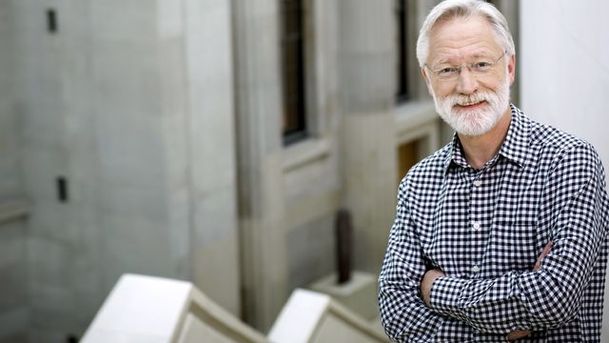Composer of the Week - Russian Opera - Episode 3

Donald Macleod continues his exploration of the rich tradition of Russian opera from Glinka to Schnittke with a look at three members of the so-called 'Mighty Handful' - César Cui, Alexander Borodin and Nikolai Rimsky-Korsakov. Borodin was a professor of chemistry who delved into such recherché areas of investigation as the nucleophilic displacement of chlorine by fluorine in benzenecarbonyl chloride. Little wonder that his labours on his opera Prince Igor occupied his spare moments for the best part of 20 years, but even that wasn't enough time for him to complete the work, which had to be painstakingly assembled and orchestrated from the composer's chaotic sketches by Rimsky-Korsakov and his young apprentice, Alexander Glazunov. César Cui, little-known today, also had a day job other than music - he was a respected authority on military engineering, whose Concise Textbook of Field Fortifications ran to nine editions. His opera A Feast in Time of Plague was rather less popular, but it's nonetheless interesting to hear an extract from this rarely performed work. Rimsky-Korsakov started his adult life as a sailor but took up the offer of a professorial post at the St Petersburg Conservatory in his late 20s. Over a long career he composed 15 operas, few of which are performed today outside of Russia. Based on a medieval Russian folk tale, Sadko is in Rimsky's epic vein. By contrast, Kashchey the Immortal is a one-act fairy-tale opera with a ravishing score.